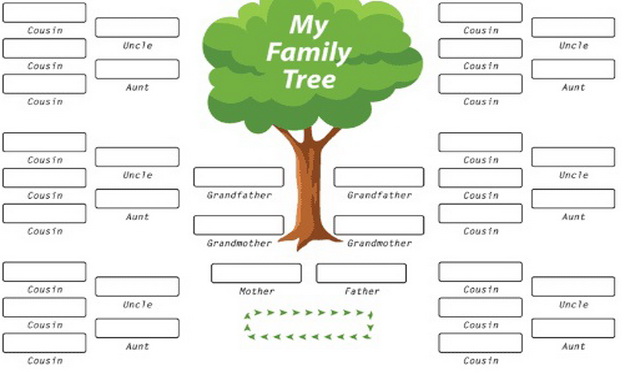Question: If a father gives to all his children, the one who is in need from them and the one who is not in need, and he sometimes pays their debts. Is it incumbent upon him to be equal (between them), and how is this equality (achieved) if some do not have debts upon them?
Answer: Equality is in giving (gifts) and ownership, as for obligatory spending, then each is given in accordance with his need. Even if some require more than others. In obligatory spending, equality is not a condition, justice (in this case) is giving each according to his need. The obligatory spending on the older (child) is not like the obligatory spending on the infant. Justice is giving each in accordance to his need. That’s it.
And the one who is in need of marriage, help him marry; there is not a requirement to provide the (same) amount to the another (child).
[Speech unclear]
This is from obligatory spending, marriage is from obligatory spending, he helps to marry the one in need of marriage. As for the one who is not in need of marriage due to being young, there is nothing for him. Therefore obligatory spending, there is no equality; meaning giving the same and it is only giving each individual according to his need. and the needs of the children will differ, such as (between) the older and the younger child.
The rest of the question?
Is it incumbent upon him to be equal (between them), if he pays the debts of some of them.
Likewise with debt, if his son is finding difficulty, and he is not able to clear the debt. Then he pays it for him, and it is not binding to give to the other (child), because this situation is not the case of ownership, this is under the circumstance of settlement (of debt); removal of debt from his son. So this (father) does not give the others the same as him (the one in debt). As for if they are (also) in debt, and cannot find a way out, he pays it for them, just like he pays for the other one’s (debt).
As for if one of them is rich and able to settle (his debts), and (another) one is poor, being sought (to pay) and it is tight for him, then he settles the debts for him and does not settle the debt of the other rich (child).
Source: https://salaficentre.com/2019/07/how-to-be-fair-when-spending-on-children-shaykh-saaleh-al-fawzan/
 navedz.com a muslim's Quest for the truth
navedz.com a muslim's Quest for the truth







